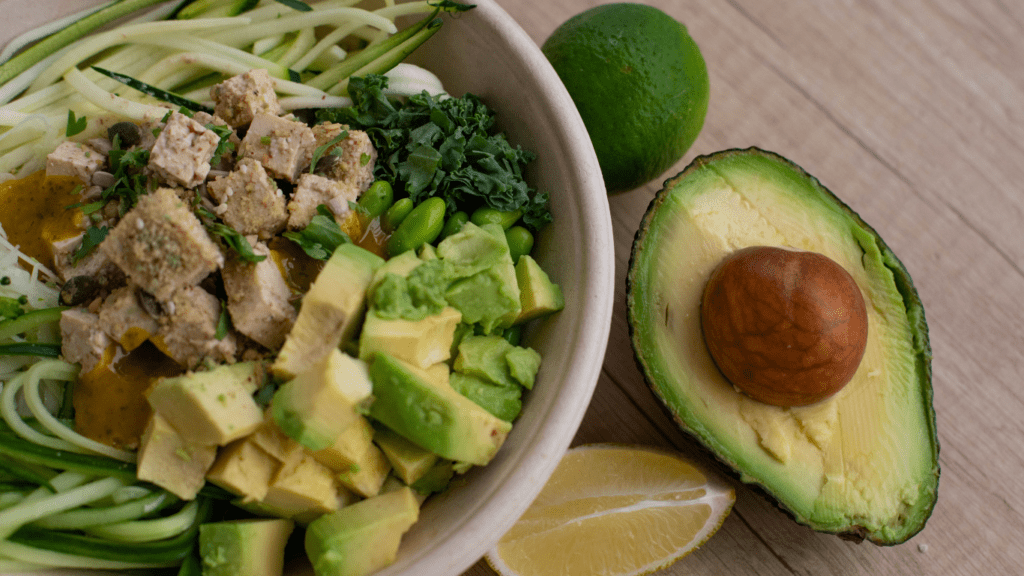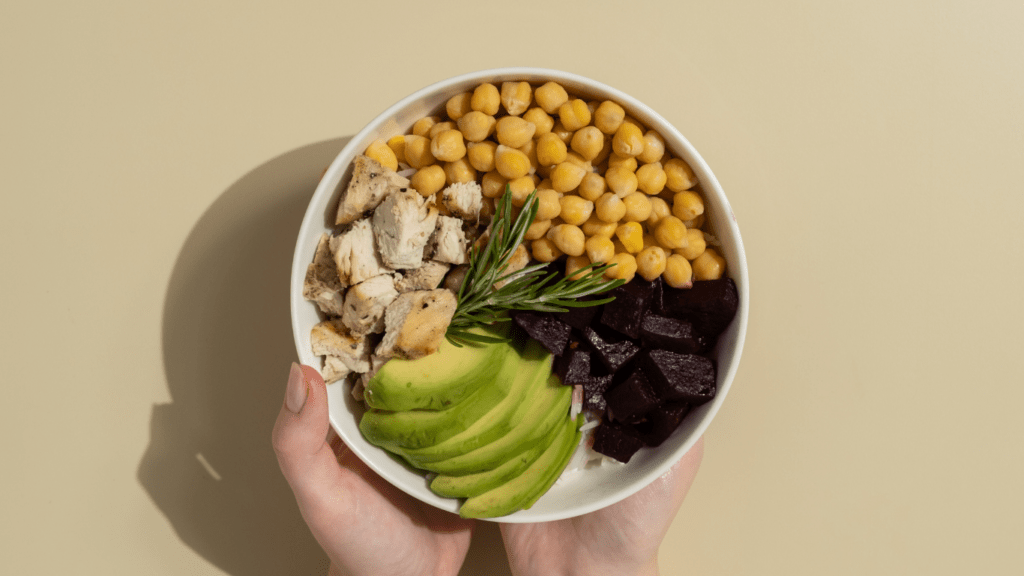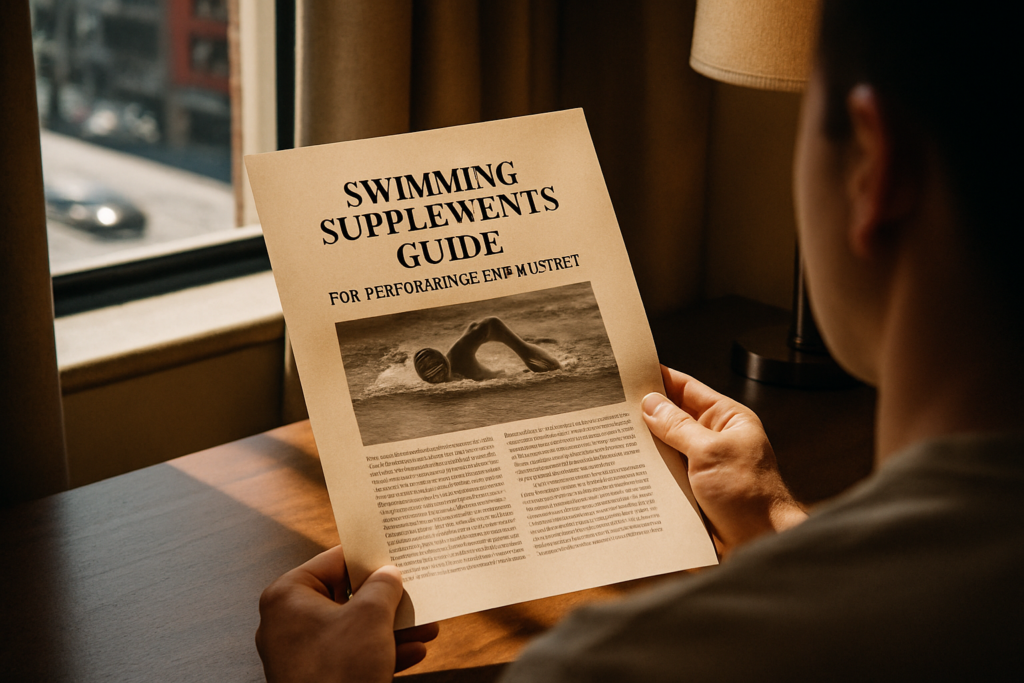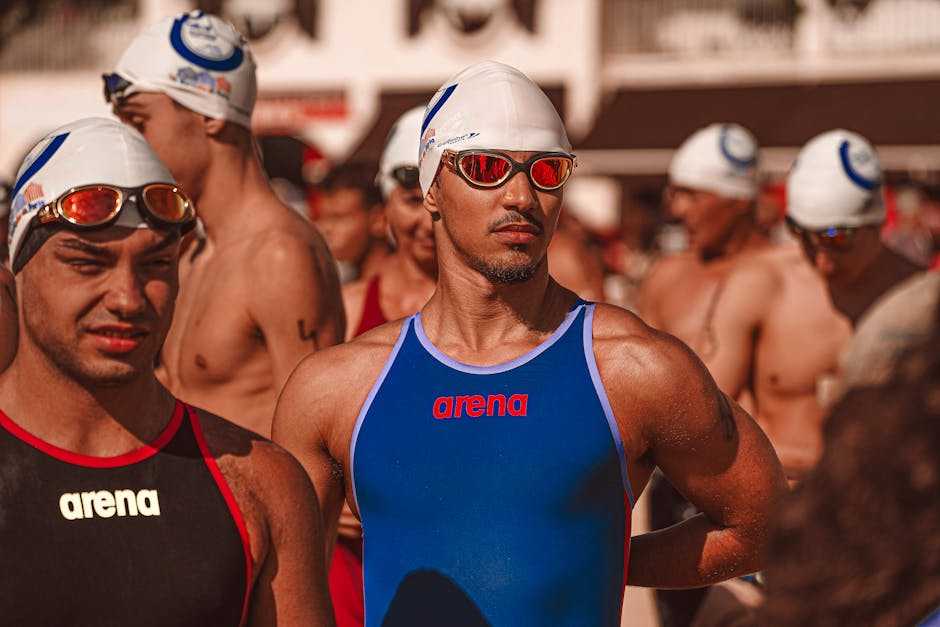As a competitive swimmer, fueling my body effectively during swim meets is crucial for peak performance in the pool. Managing nutrition plays a vital role in staying energized and focused throughout the demanding race day schedule. From pre-race snacks to post-meet recovery meals, every bite counts towards achieving optimal results in the water.
In this article, I’ll share essential tips and strategies for swimmers to maintain their energy levels and mental clarity during swim meets. Whether you’re a seasoned athlete or new to the competitive swimming scene, understanding how to nourish your body can make a significant difference in your performance. Let’s dive into the world of managing nutrition during swim meets to ensure you’re primed and ready to make a splash on race day.
Understanding the Importance of Nutrition in Swimming
When it comes to competitive swimming, nutrition plays a crucial role in optimizing performance in the pool. Properly fueling my body with the right nutrients is essential to ensure I stay energized and focused during swim meets. By understanding the significance of nutrition in swimming, I can better prepare myself for success in the water.
The Role of Nutrition in Athletic Performance
In swimming, nutrition directly impacts my athletic performance. Consuming the right balance of carbohydrates, proteins, and fats provides me with the energy needed to power through races effectively. It’s not just about eating; it’s about fueling my body strategically to support muscle recovery and sustain energy levels throughout the competition day. Nutrition acts as the foundation for my physical abilities in the pool, influencing my speed, endurance, and overall performance.
Key Nutrients for Swimmers
As a competitive swimmer, there are key nutrients that are vital for my success in the water. Hydration is paramount, as staying well-hydrated enhances my endurance and helps regulate my body temperature during intense races. Additionally, carbohydrates serve as my primary source of fuel, powering me through long and demanding events. Proteins are crucial for muscle repair and growth, contributing to my overall strength and recovery post-swim. Including healthy fats in my diet supports cardiovascular health and provides a concentrated source of energy for optimal performance. Balancing these key nutrients is essential to ensure I am primed for peak performance during swim meets.
Pre-Meet Nutrition Strategies
Before a swim meet, I focus on fueling my body with the right nutrients to perform at my best. Here are some key strategies I follow to ensure I stay energized and focused during the competition:
- What to Eat the Day Before a Meet
When preparing for a swim meet, I pay close attention to my nutrition the day before. It’s essential to consume a balanced diet rich in carbohydrates, proteins, and healthy fats. Some ideal food choices include whole grains, lean proteins like chicken or fish, fruits and vegetables, nuts, and seeds. Hydration is also crucial, so I make sure to drink plenty of water throughout the day to stay well-hydrated. Avoiding heavy, greasy, or spicy foods can help prevent gastrointestinal issues during the meet. - Ideal Pre-Race Meals and Snacks
On the day of the swim meet, I opt for easily digestible meals and snacks that provide a quick source of energy. Some examples of suitable pre-race foods include oatmeal with banana slices, yogurt with granola, a turkey sandwich on whole grain bread, or a smoothie with berries and protein powder. These options help fuel my body without causing digestive discomfort. I also include snacks like energy bars, fresh fruit, or trail mix for quick energy boosts between races. Hydration remains a priority, so I continue to drink water leading up to the competition to stay hydrated and focused in the pool.
Nutrition During the Meet

When it comes to fueling my body during swim meets, timing my meals and snacks is crucial for optimal performance. Ensuring that I consume the right nutrients at the right times helps me stay energized and focused throughout a demanding race day schedule.
Timing Your Meals and Snacks for Optimal Performance
For me, timing is everything when it comes to meals and snacks during swim meets. I focus on consuming easily digestible carbohydrates and a moderate amount of protein about 1-2 hours before each race to provide a quick energy boost without feeling too full. During longer breaks between races, I opt for light snacks like energy bars, fruit, or yogurt to maintain my energy levels without feeling sluggish.
Hydration Strategies to Maintain Energy
Staying hydrated is key to my performance during swim meets. I make sure to sip on water consistently throughout the day to prevent dehydration and maintain focus. Electrolyte drinks are also a go-to for me, especially during intense races, to replenish lost minerals and keep my energy levels up. Proper hydration not only helps me perform at my best but also supports muscle function and recovery during and after races.
Post-Meet Recovery Nutrition
After a demanding swim meet, replenishing the body with the right nutrients is essential for optimal recovery. Here are key strategies for post-meet nutrition:
Foods That Aid Recovery and Muscle Repair
I prioritize foods rich in protein and carbohydrates to support muscle repair and glycogen replenishment. Lean sources of protein like grilled chicken or salmon, paired with complex carbohydrates such as quinoa or sweet potatoes, are my go-to choices for post-meet meals. These foods help rebuild muscle tissue and restore energy levels effectively.
Rehydrating after Intense Swimming Sessions
Hydration plays a crucial role in post-meet recovery. I focus on rehydrating with water, electrolyte-rich sports drinks, or coconut water to replace lost fluids and minerals. Additionally, incorporating water-rich foods like fruits and vegetables into my post-meet snacks helps rehydrate my body naturally. Proper hydration aids in muscle recovery, reduces fatigue, and supports overall well-being after intense swimming sessions.


 is a dedicated fitness enthusiast with a deep-seated passion for swimming and holistic health. Leveraging her extensive background in competitive swimming and personal training, she provides readers with expert advice on optimizing their workouts and enhancing their overall well-being. Kiara's writing stands out for its blend of motivation and practical tips, making complex fitness concepts accessible and actionable. She is committed to helping individuals of all levels reach their fitness goals by promoting a balanced approach to exercise and nutrition. In her articles on Swim Fast Stay Fit, Kiara shares her personal experiences, training techniques, and strategies for overcoming common fitness challenges, inspiring others to lead healthier and more active lives.
is a dedicated fitness enthusiast with a deep-seated passion for swimming and holistic health. Leveraging her extensive background in competitive swimming and personal training, she provides readers with expert advice on optimizing their workouts and enhancing their overall well-being. Kiara's writing stands out for its blend of motivation and practical tips, making complex fitness concepts accessible and actionable. She is committed to helping individuals of all levels reach their fitness goals by promoting a balanced approach to exercise and nutrition. In her articles on Swim Fast Stay Fit, Kiara shares her personal experiences, training techniques, and strategies for overcoming common fitness challenges, inspiring others to lead healthier and more active lives.
